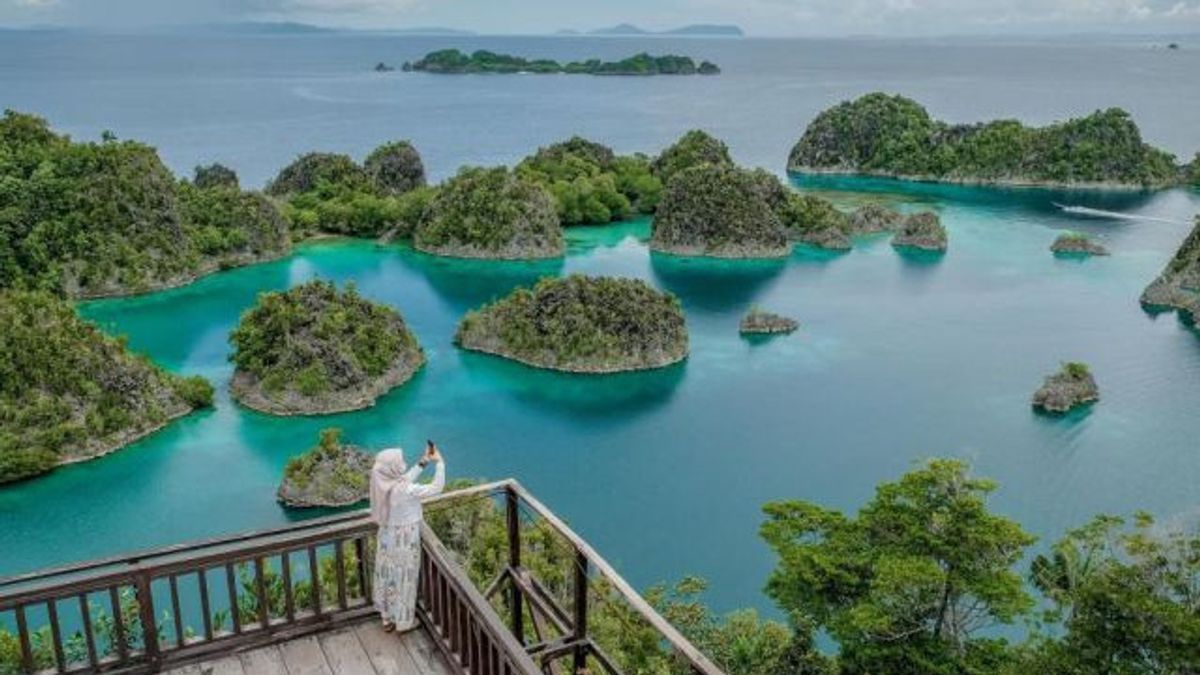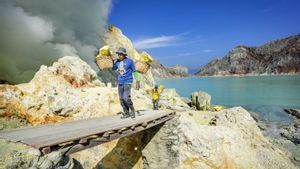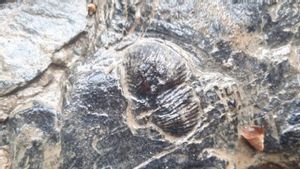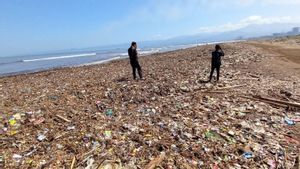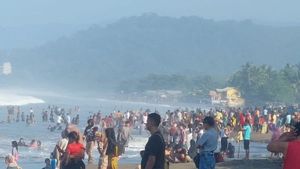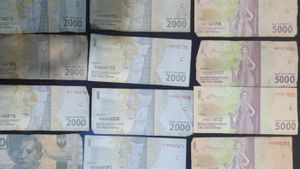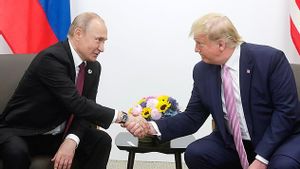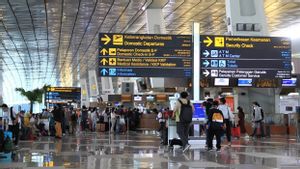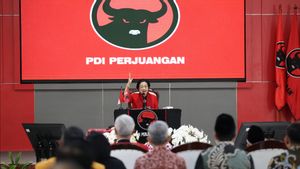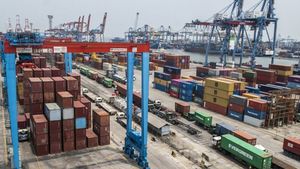JAKARTA - Minister of Tourism and Creative Economy (Menparekraf) Sandiaga Salahuddin Uno said that the determination of four Indonesian geopark sites into the UNESCO Global Geoparks (UGG) network will be able to strengthen the promotion and development of the Indonesian tourism sector.
"It is hoped that it will strengthen the promotion of tourism and the country's creative economy while strengthening the direction of Indonesia's tourism development which is increasingly qualified and sustainable," Sandiaga said as quoted by ANTARA, Friday, May 26.
This determination can also increase the interest of tourists, not only in the archipelago but also abroad so that in the end it will have a big impact on economic growth and the open employment opportunities for the community.
The four geoparks are Ijen UNESCO Global Geopark - East Java, Maros Pangkep UNESCO Global Geopark-South Sulawesi, Merangin Jambi UNESCO Global Geopark, and Raja Ampat UNESCO Global Geopark West Papua. The determination of the four geopark sites was based on a decision at the 216th UNESCO Executive Council Session in Paris, France, Wednesday, May 24.
UNESCO Global Geopark is a geographic area where international geological assets and landscapes are managed with the concept of integrated conservation, education and community empowerment. The Earth Park (geopark) which received UNESCO recognition will be developed with a sustainable conservation and development approach involving local communities.
Sandiaga said that totality would encourage promotions in both the four geoparks that had just been established in the UGG network or six geoparks that had previously been determined to be more well known and attract tourists.
SEE ALSO:
This includes providing assistance and training in strengthening human resources to ensure that the diversity in the geopark is maintained.
In addition, it also ensures geoparks as geographical areas that have a high-value geological heritage and geological diversity, including biodiversity and integrated cultural diversity developed with three main pillars, namely conservation, education, and local economic development.
The English, Chinese, Japanese, Arabic, and French versions are automatically generated by the AI. So there may still be inaccuracies in translating, please always see Indonesian as our main language. (system supported by DigitalSiber.id)
